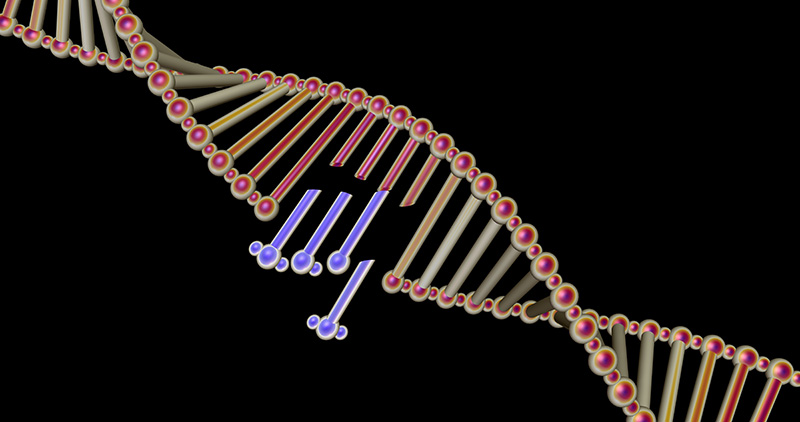New research conducted at Newcastle University has found that engaging in physical activity results in more beneficial outcomes than mitigating cognitive health and cardiovascular disease. According to new findings, it enables interleukin-6 (IL-6) to be released into the bloodstream, aiding in the repair of DNA among damaged cells.
The findings, as published in the International Journal of Cancer, first analyzed their determination of the cancer-fighting protein IL-6 after having recruited and examined 16 male participants in middle and late adulthood. The participants all had major risk factors for bowel cancer.
Researchers first collected blood samples from each participant before instructing them to initiate aerobic exercise on indoor bikes for a span of 30 minutes at moderate intensity. Thereafter, more blood samples were gathered from the participants upon the completion of exercise.
The blood samples were monitored for alterations in concentrations of the cancer-fighting protein IL-6 in comparison to the counterpart samples. Cell growth was monitored by the research team over a span of 48 hours.
Thorough examination of the blood samples yielded the determination that exercise reduces both cancer growth and DNA damage, thus repairing cells in an effort to establish normalcy at the cellular level.
“These findings suggest that the systemic responses to acute aerobic exercise inhibit colon cancer cell proliferation in vitro, and this may be driven by IL-6-induced regulation of DNA damage and repair,” the authors of the study declared in their findings.
“This mechanism of action may partly underlie epidemiological associations linking regular physical activity with reduced colon cancer risk.”


